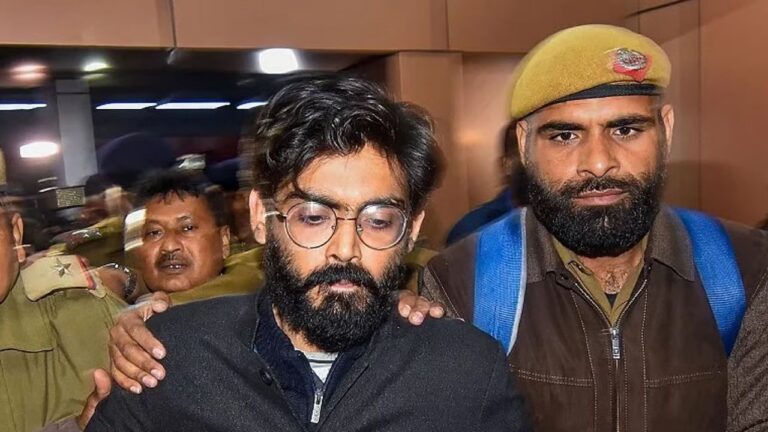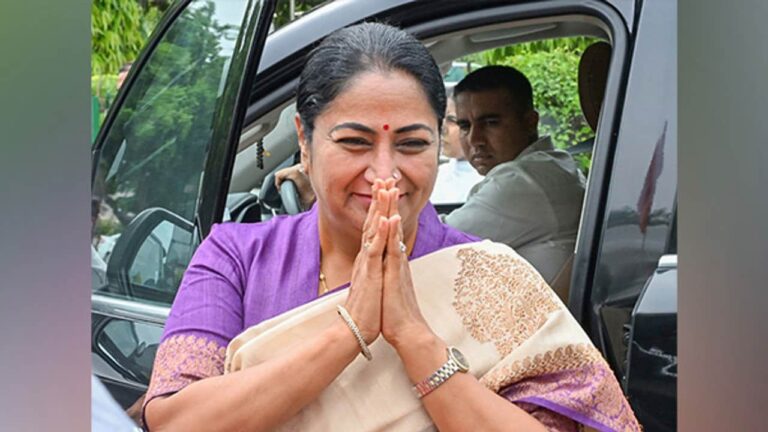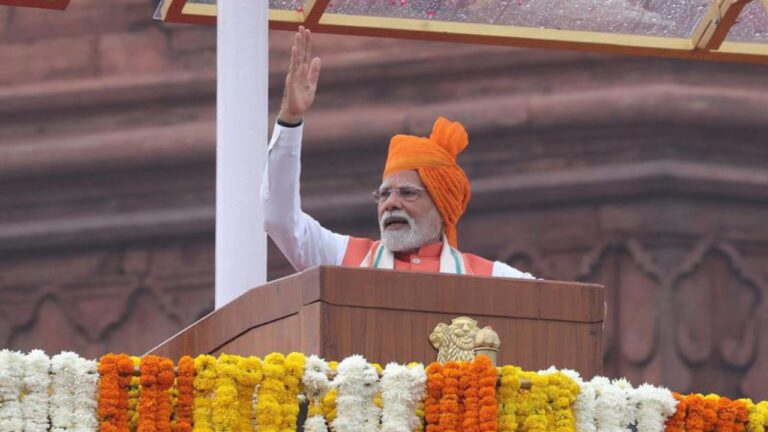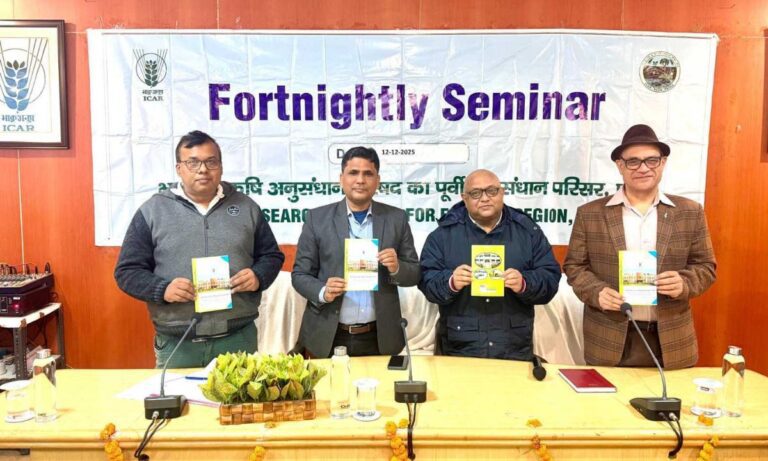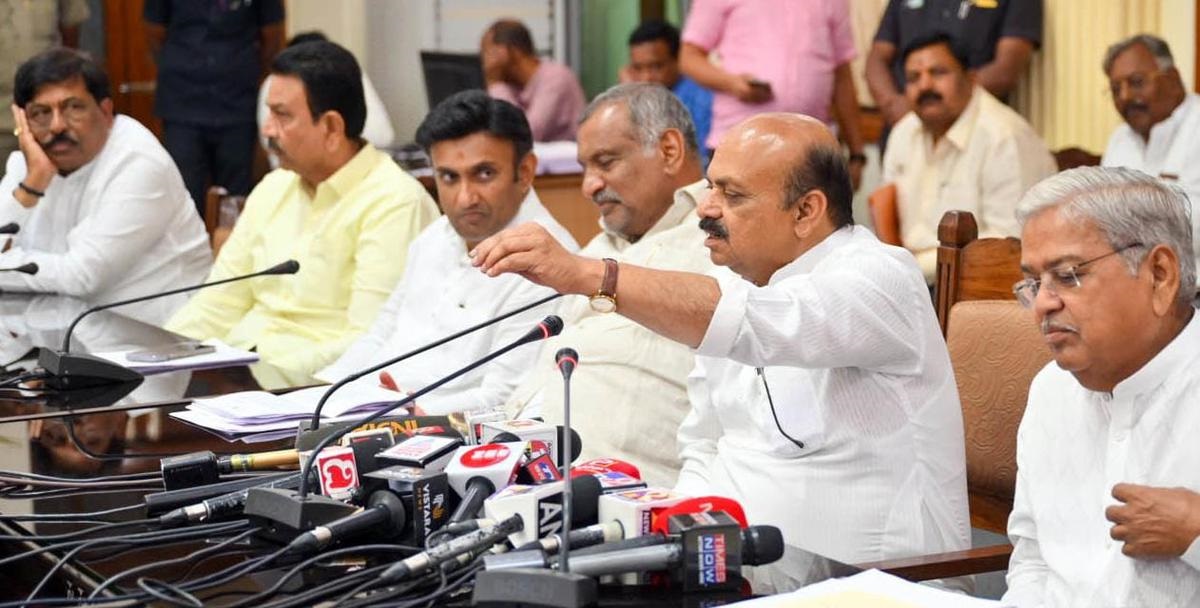
In a recent development, the National Commission for Backward Classes (NCBC) has raised significant concerns regarding Karnataka’s policy of categorizing all Muslims as Other Backward Classes (OBCs). The chairperson of NCBC, Hansraj Ahir, has announced plans to summon the state’s chief secretary for failing to submit the necessary report that justifies the inclusion of Muslims in the OBC category solely based on religion.
Controversy Over OBC Reservation
Ahir expressed apprehension that the OBC reservation policy of the Congress-led Karnataka government is adversely impacting the rights of other genuine OBC communities. This criticism surfaces just days before the commencement of the Lok Sabha polling in the state, scheduled for April 26.
Karnataka’s OBC Reservation Structure
Under Karnataka’s existing policy framework, OBCs are entitled to a 32 percent reservation across five distinct categories. However, the NCBC has highlighted the special treatment afforded to Muslims, who are uniformly classified as socially and educationally backward under Category II-B. Moreover, Muslims also benefit from OBC quota provisions under two additional categories—Category I and Category II-A.
Political Maneuvering and Legal Challenges
The reservation under Category II-B for Muslims became a contentious issue during the state’s assembly elections last year. In a bid to address this, the then BJP government attempted to revoke the 4 percent OBC quota for Muslims under Category II-B. However, this move faced legal challenges, with the Supreme Court staying its implementation. Subsequently, the OBC quota for Muslims persisted following the Congress assuming power.
NCBC’s Critique and Demands for Accountability
During a field visit to Karnataka in July 2023, the NCBC expressed dissatisfaction with the state’s reservation policy, particularly the blanket categorization of Muslims as a backward caste. Ahir emphasized that this practice undermines the rights of genuine OBC communities, as evident from the disproportionate allocation of quotas.
Call for Transparency and Accountability
Ahir reiterated the commission’s demand for transparency, urging the Karnataka government to furnish the report that served as the basis for implementing the controversial policy. Despite repeated requests, the state authorities have not provided satisfactory explanations, prompting the NCBC to escalate the matter by summoning the chief secretary.
Awaiting Official Response
ThePrint reached out to Karnataka’s Backward Classes Welfare minister and Department secretary for comments on the issue, but their response is awaited.
The controversy surrounding Karnataka’s Muslim OBC quota underscores broader debates on affirmative action and social justice. As stakeholders await further developments, the spotlight remains on the state government’s accountability and commitment to upholding the rights of all marginalized communities within the OBC framework.
